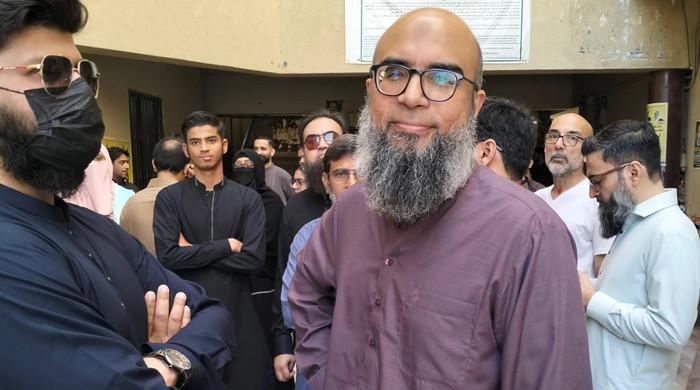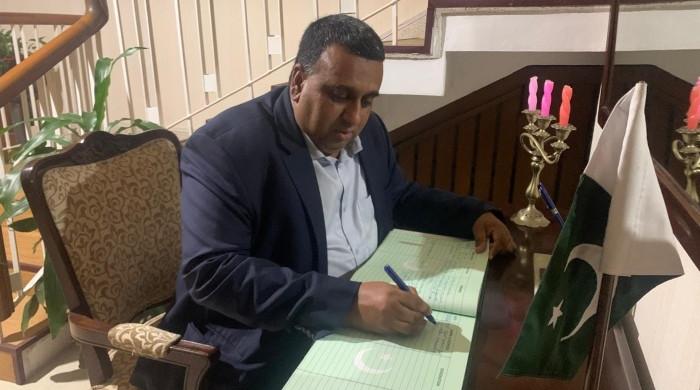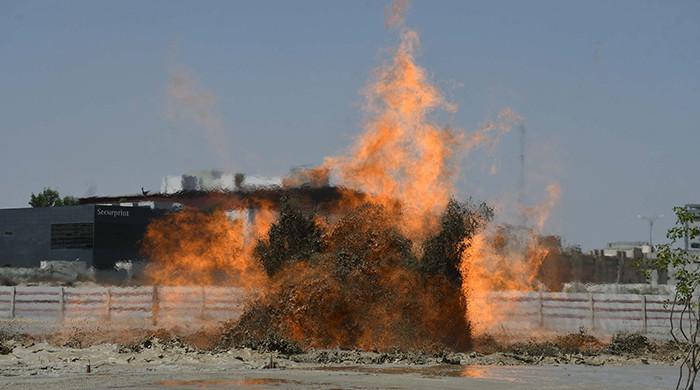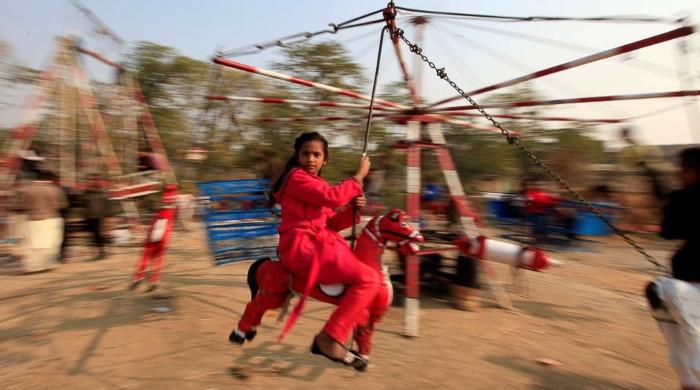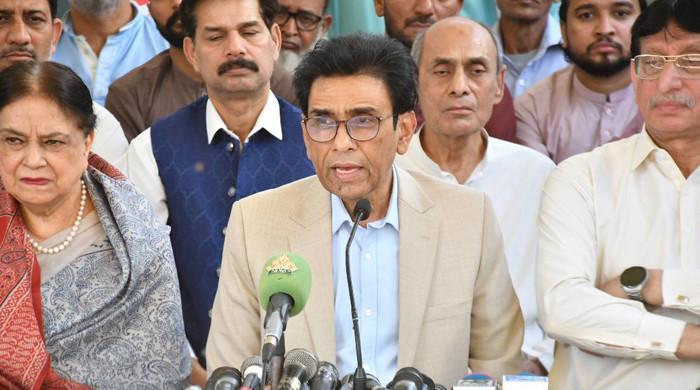AmmoDump shooting range shut down after Arshad Sharif killing
Sources confirm that an American security firm has pulled out of a contract with AmmoDump
November 12, 2022
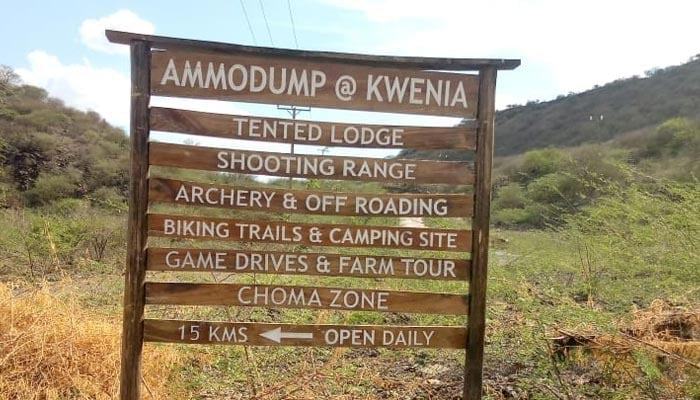
- American security firm pulls out of contract with AmmoDump, say sources.
- Local police authority put on hold all warranties for training, shooting exercises.
- Several other companies suspended their contracts.
LONDON/NAIROBI: The AmmoDump Kwenia Shooting Range in Magadi, where Arshad Sharif spent the last hours of his life, has been closed for business by the Kenyan authorities as the investigation into the killing of the journalist continues, local sources have confirmed.
Sources have confirmed that an American security firm has pulled out of a contract with AmmoDump, and the local police authority has cancelled or put on hold all warranties for training and shooting exercises with the site.
Several other companies have suspended their contracts with the shooting range while the investigation goes on. Two businessmen from Karachi own the site — Waqar Ahmad and Khurram Ahmad — who own and run several real estate projects in the African country.
A local police source confirmed the shooting range owners were told to halt all operations. The police source confirmed that several local authorities used to arrange shooting practices at the site.
One of the people involved in looking after the business affairs of the Ahmad brothers confirmed that the shooting site is currently not operational. Still, he said the site would be open to business soon to the general public and companies.
“We were ordered by the government authorities to stop our operations. The shootout that resulted in Arshad Sharif’s death had nothing to do with AmmoDump. It was a tragic incident, but we have been told to stop our business activities.
“We have cancelled our bookings for now,” said the source. During a visit to the site, a staff member requesting secrecy said the staff remains at the site, but “we are not taking any more bookings until further notice.”
The AmmoDump social media pages have not been updated and continue to invite bookings and business. However, when contacted via their social media-advertised WhatsApp number, there was no response.
Geo News revealed this week that American instructors were present at the site when Arshad Sharif arrived with Khurram and spent a night and two days at the site. The presence of Americans at the site raises questions, but the activities of American security agencies in Kenya are well-known and established.
The United States and Kenya established diplomatic relations in 1964. Both elevated their relationship to a strategic partnership in 2018. The two countries jointly work on anti-terrorism projects and local security and cooperate on almost all issues.
The American influence in the country is so strong that the Kenyan government allowed the Akasha brothers — Baktash Akasha Abdalla and his brother Ibrahim Akasha Abdalla — to be kidnapped from their homes in an illegal raid in a wealthy Nairobi neighbourhood and taken to the US for sentencing on drug importation and illegal narcotics production with the intent of selling in America.
One of the co-accused Akasha brothers is Pakistani gold merchant Muhammad Asif Hafeez, whose story was highlighted over the last two years by this publication. Asif Hafeez remains in high-security Belmarsh prison, where he is fighting the US extradition request.
Another co-accused, Indian national Vicky Goswami, husband to actress Mamta Kulkarni, was arrested in Nairobi and taken to the US in the same extraordinary rendition, but since then he has become an approver for the US, turning his back on his former business partners.
Khurram and Waqar started the AmmoDump range around seven years ago. According to the site’s website, it provides recreational activities such as shooting practices, police and firearms training, military shooting training, bike, and motor rides, and weekend and weekday camping. The site has no electricity, and it uses generators.
The shooting site is spread over several acres of vast land where there is no human life for several kilometres in any direction. AmmoDump highlights its status as a significant reconnaissance site for security personnel looking to hone their shooting skills in warfare. It offers services to governments, individuals, and private security companies. Khurram and Waqar have not responded to questions.
Originally published in The News






